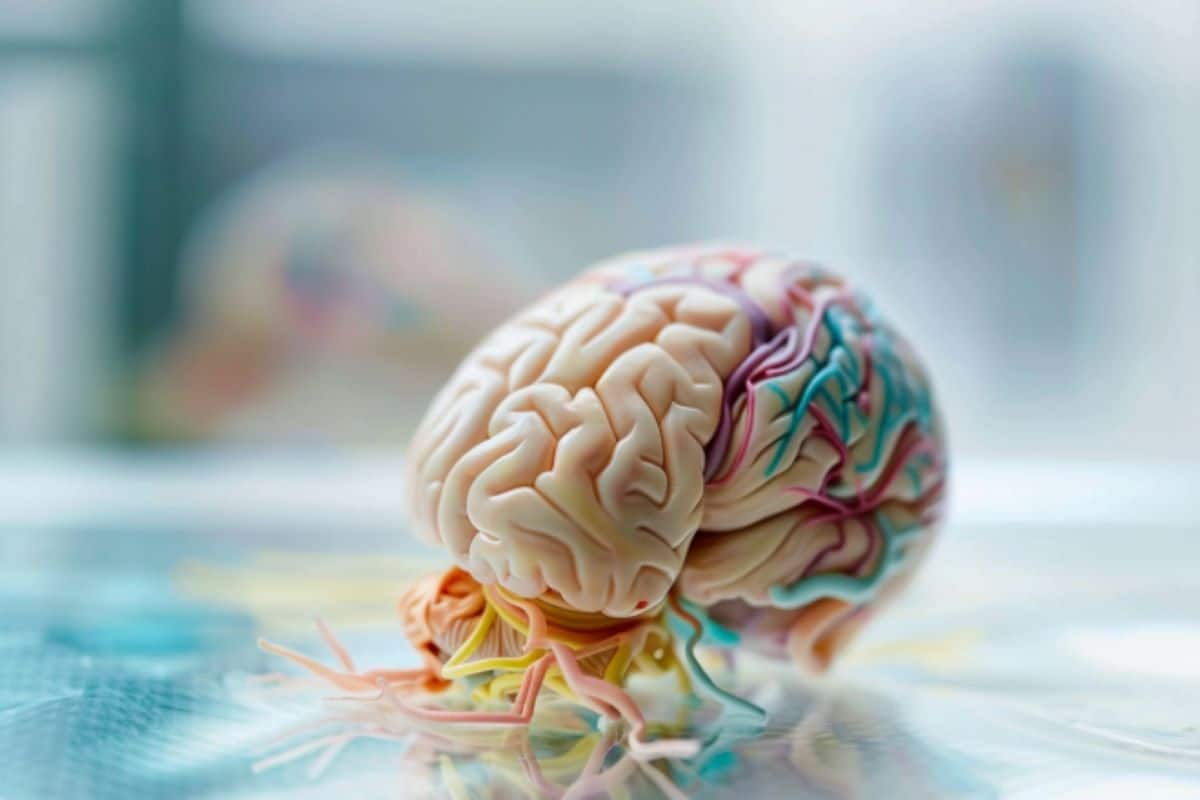Summary: Giving birth to low-birth-weight infants may be associated with memory and thinking problems later in life. The research, involving 15,323 women, showed that cognitive decline in mothers with low-birth-weight deliveries was equivalent to one to two years of aging.
These findings suggest that low-birth-weight deliveries could be a marker for poorer cognitive health in later years. Further research is needed to confirm these results and explore preventive measures.
Key Facts:
- Giving birth to low-birth-weight infants is linked to cognitive decline.
- The cognitive effect is equivalent to one to two years of aging.
- Study involved 15,323 women with an average age of 62.
Source: AAN
People who give birth to infants less than 5.5 pounds may be more likely to have memory and thinking problems later in life than people who give birth to infants who do not have a low birth weight, according to a study published in the June 12, 2024, online issue of Neurology.
The effect on memory and thinking skills was equivalent to one to two years of aging for those with low-birth-weight deliveries.
The study does not prove that delivery of a low-birth-weight infant causes memory and thinking problems. It only shows an association.
“Previous research has shown that people who have had a low-birth-weight delivery have a higher risk of cardiovascular disease and high blood pressure,” said study author Diana C. Soria-Contreras, PhD, of the Harvard T.H. Chan School of Public Health in Boston, Massachusetts.
“Our study found that a history of having a child with a low birth weight may also be a marker of poorer cognition later in life.”
The study involved 15,323 female participants with an average age of 62 at completion of thinking and memory tests. All the participants had at least one birth. Of the total participants, 1,224 people, or 8%, had a history of low-birth-weight delivery. Low birth weight was defined as less than 5.5 pounds for pregnancies lasting more than 20 weeks.
Participants completed a questionnaire about their pregnancy complications, birth outcomes, birth weight and other information.
They also completed a series of thinking and memory tests.
Researchers then combined average scores of the two tests of participants’ memory and ability to quickly and accurately respond to a situation as well as the two tests of learning and working memory. Higher scores indicated better memory and thinking.
On average, the difference in scores between those with and without a low-birth-weight delivery was -0.06 for speed and attention tests and -0.05 for learning and working memory. This is comparable to the difference associated with one to two additional years of age in this population.
The results were similar after researchers adjusted for factors that could affect both birth weight and cognitive function, such as age, smoking status and high blood pressure. The results were also similar when researchers did not include people with premature deliveries, pregnancies with twins or other multiples or those affected by pregnancy-related high blood pressure disorders.
In addition, they found that the more low-birth-weight deliveries people had, the lower their scores were.
“Future research is needed to confirm our findings and to look at whether screening women with a history of low-birth-weight deliveries for cognitive issues and taking steps to promote their brain health could help prevent or delay cognitive impairment and dementia later on,” Soria-Contreras said.
A limitation of the study is that most of the participants were non-Hispanic white people, so results may not be generalizable to other populations.
Funding: The study was supported by the National Institute of Mental Health, the National Institute of Environmental Health Sciences, the National Institute on Aging and the Office of Research on Women’s Health.
About this cognitive decline research news
Author: Natalie Conrad
Source: AAN
Contact: Natalie Conrad – AAN
Image: The image is credited to Neuroscience News
Original Research: The findings will appear in Neurology

Rachel Carter is a health and wellness expert dedicated to helping readers lead healthier lives. With a background in nutrition, she offers evidence-based advice on fitness, nutrition, and mental well-being.






